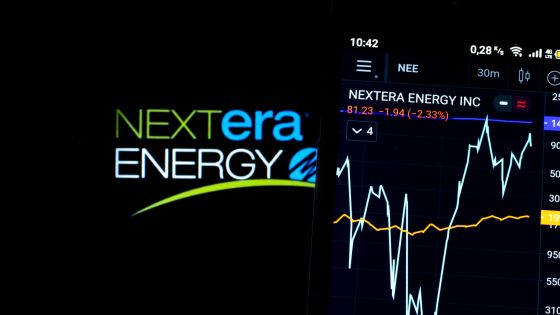SIA said the allegations were “based on unfamiliarity with the operation of the AFL’s
drug policies (the illicit drug policy and the separate compliance with the WADA Code for performance enhancing drugs)” and “a lack of understanding of the WADA Code and what constituted in-competition and out-of-competition testing.
The report separately observed: “While the notion of screening tests by AFL club doctors may be uncomfortable, and at times present a dilemma to a club doctor regarding the reasons to disclose for a player withdrawing from a game, on the information we have this conduct does not in itself constitute [a doping offence].”
SIA added in a statement that the AFL’s voluntary illicit drug policy was not inconsistent with the National Anti-Doping Scheme. SIA agreed it was also developed in line with the national drug strategy.
“The confidential nature (between doctor and player) of the medical model [guiding the AFL’s illicit drugs policy] prevented the AFL from sharing information publicly, thus creating a degree of suspicion,” the agency said.
SIA called for the inclusion of AFLW players in the league’s Illicit Drugs Policy.
“The assessment made a range of key recommendations, but significantly identified there were no breaches of the World Anti-Doping Code through any anti-doping rule violation by AFL players or support personnel or that injuries were feigned to cover up for positive drug testing during the week by the AFL or club doctors.”
SIA’s review identified integrity threats “posed by the purchase of illicit drugs by players and noted this is an issue relevant to all sport in Australia”.
It recommended the AFL expand its intelligence capability to manage emerging threats.
“Sport Integrity Australia, along with several partner organisations, have identified evidence across Australian sports of clear dangers of criminals influencing sport through the supply of illicit drugs, including by preying on athletes or support staff to access inside information,” Sharpe said.
“Without significant cultural intervention to address the illicit drug culture in all sports, Sport Integrity Australia is concerned about the dire impacts to player’s health and wellbeing, and the potential to bring a code or team into disrepute through integrity threats.”
SIA made a series of recommendations from its investigation. They included:
- there be independent oversight of the AFL’s illicit drugs policy;
- introducing guidelines for AFL sanctioned illicit drugs testing within the policy;
- the continued expansion of the intelligence capability in the AFL’s integrity unit;
- testing of AFLW players in the new policy;
- developing a strategy for addressing illicit drug use by non-players;
- greater education on the illicit drugs policy and anti-doping policy; and
- continuing to expand the AFL’s education program.
The full SIA report can be read here.
AFL chief executive Andrew Dillon said the review vindicated the league’s position since Wilkie made his claims in parliament.
Loading
“We said from the outset that the allegations raised in parliament did not reflect either the intent or operation of the illicit drug policy, and we welcome the findings of Australia’s sport integrity agency that found zero evidence to support the claims,” Dillon said.
He said the AFL supported SIA’s call for a national roundtable of Australian professional and Olympic sports with government, medical, law enforcement and education.
The roundtable, Dillon said, would “discuss how sports should approach illicit drugs out-of-competition and the AFL would support a national discussion on this topic”.
The findings follow The Age’s exclusive interview with the AFL’s mental health boss, Kate Hall, who said the league was committed to an approach of “harm minimisation” with its players.
Source Agencies

